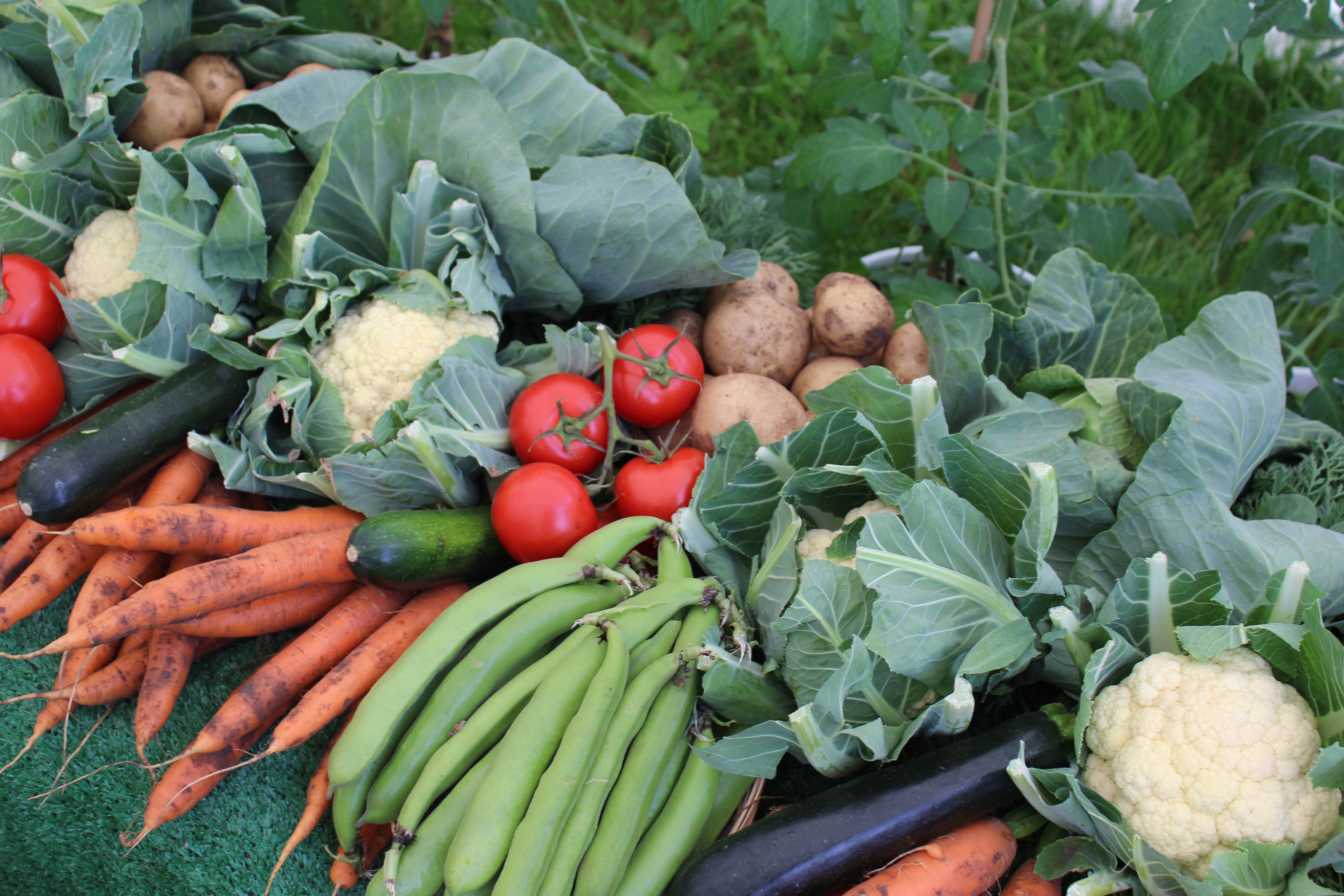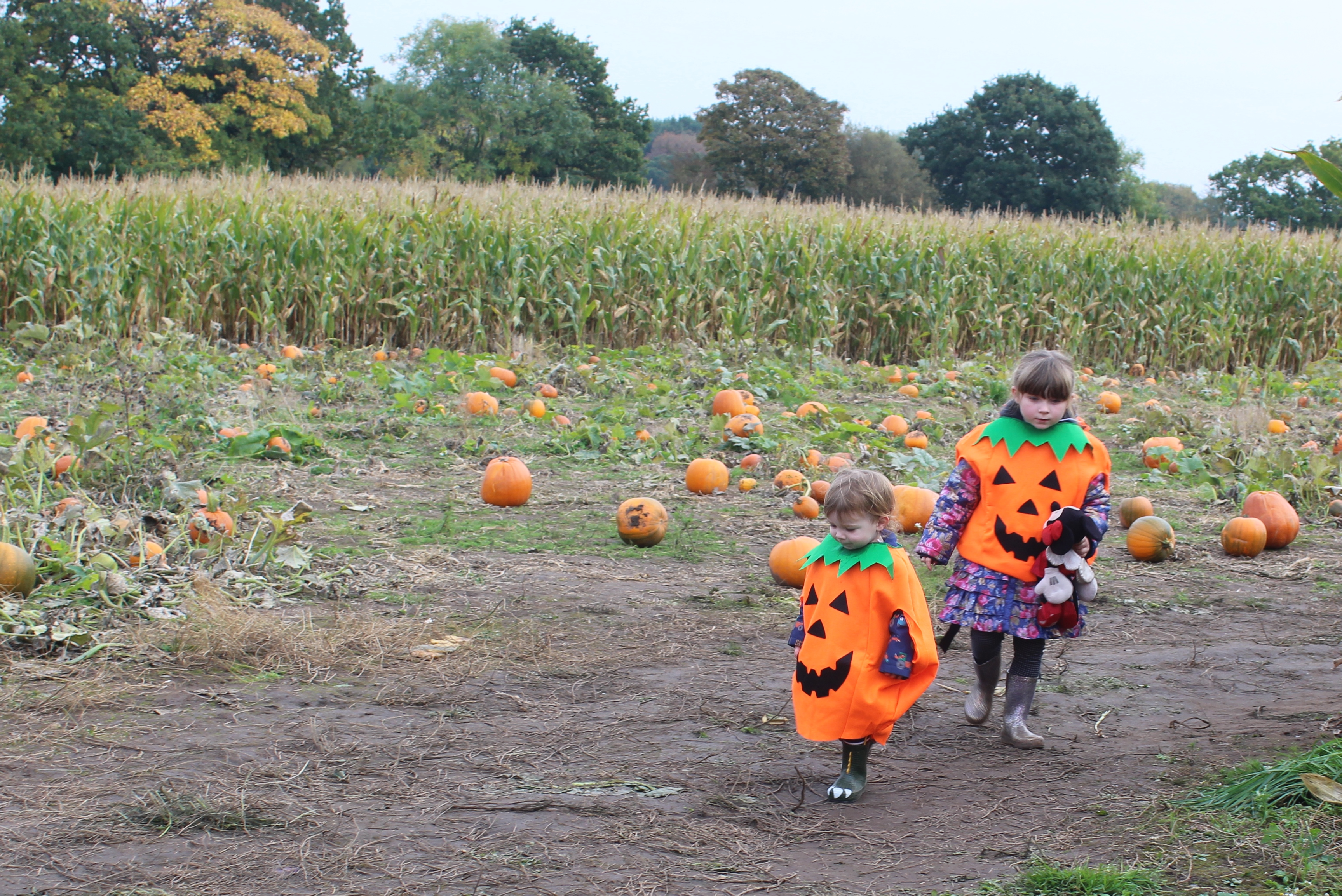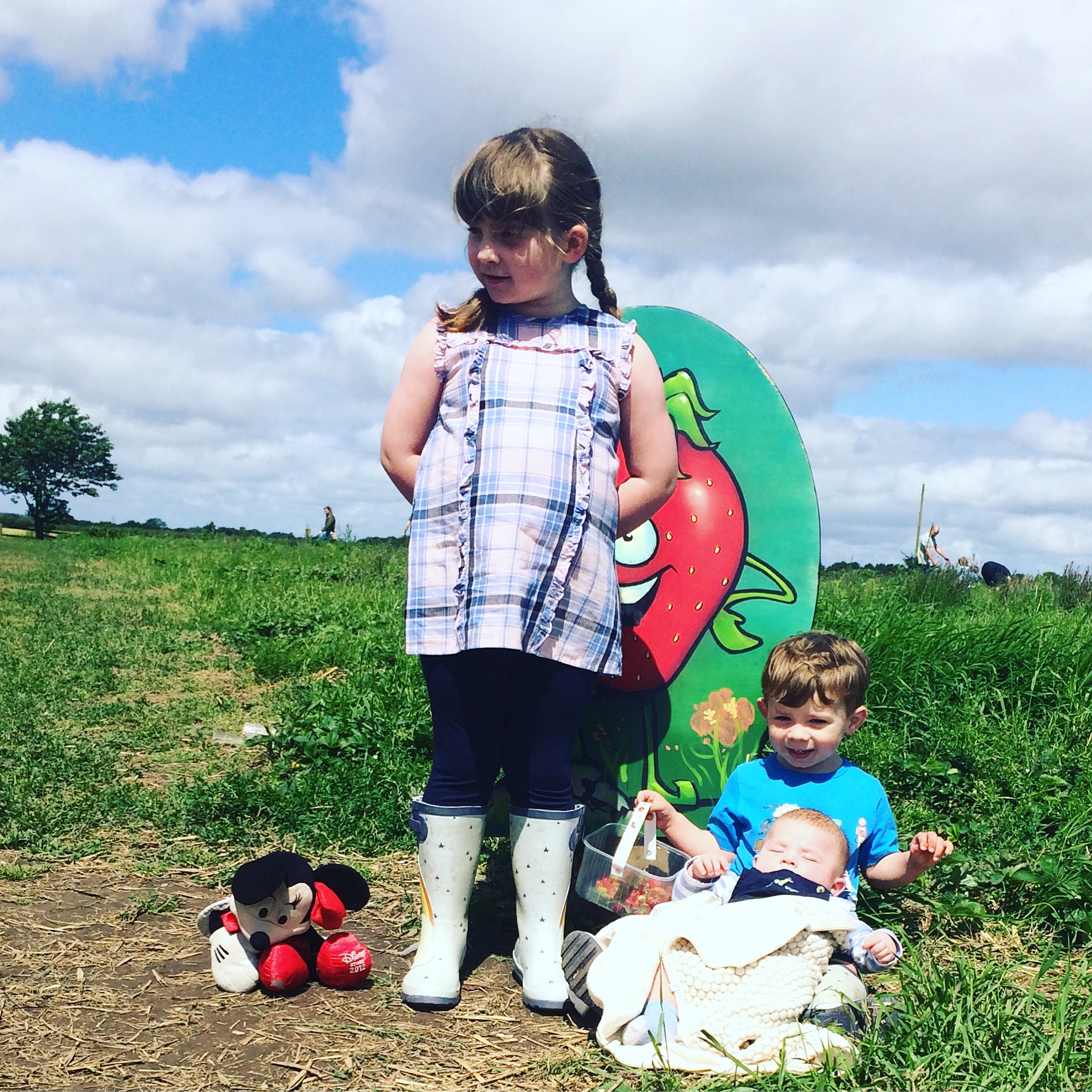10 Ways to Teach Children about Where Their Food Comes From
I recently read a worrying article in the Farmers Guardian.
The regional co-ordinator at Farming and Countryside Education (FACE), Samantha Summerfield, called for the Department for Education to set aside cash to ensure all pupils are given the chance to get out on farm.
This call was directly in response to a previous study which, alarmingly revealed that 18 per cent of 5-7 year-olds said fish fingers were made out of chicken.
I could write about the importance of teaching our children where our food comes from until the cows come home (I know, I couldn’t resist that one) but, instead, I have been trying to think of ways that parents can help to connect their children with the outdoors in general and faming in particular.
1. Grow your own is the obvious choice. Even the tiniest garden (or windowsill) can lend itself to herbs at the very least. Children love seeing things grow and harvesting them themselves. If your child is not keen on vegetables, I often find growing something themselves will make them more likely to try the fruits of their labour-hopefully, literally.
2. Get some hens. As with growing things, you also don’t need a huge amount of space to keep a couple of back yard chickens. My G is two and already knows where eggs come from.
3. Visit a farm. You know my thoughts on most petting farms but, a petting farm is better than nothing. You may not see the cute animals going to the abbatoir but you might see a cow being milked.
4. Visit a pumpkin patch at Halloween and let your children pick their own for the annual carving.
5. Visit a farm shop or a farmer’s market. See how amazed children are to see potatoes with dirt on them. Supermarkets may be convenient but their incessant washing of all fruit and vegetables has meant a loss of connection with children thinking all veg comes pre-packed in cellophane and dirt-free. Not only will it engage your children to think about their food but spuds with mud on them last longer. Try it for yourself.
6. Visit your local agricultural show. It’s not just for farmers and country folk. I actually saw people in stilettos. Ok I am joking but really, it is a fantastic day out for everyone and the shows actively encourage children to visit. You could even encourage schools to plan class visits to agricultural shows. It would be more educational than the usual end of year trip to a theme park.
7. Buy some wool and learn to knit or crochet with your child. Tell them about the processes that wool goes through and where it comes from. Britain has a long history of great wool. By buying British wool products, you are ensuring the great tradition continues.
8. Go fruit picking. We went at weekend and the actual act of picking fruits yourself, makes them taste nicer. It is true.
9. Buy meat from your local butcher. Most likely, they will know where their meats have come from. My local butcher knows the actual farm where his beef is from. Some butchers are farmers too and sell their own meat. Butchers will help you and tell you how to cook things if you are unsure. Ask. They like it.
10. Above all, talk to your children. When you go shopping, when you prepare meals, when you eat food. Even fast food restaurants like McDonalds put pictures of the farms where they get their beef and potatoes from around their premises and on the packaging.
In order for the human race to keep developing, we need farms and we need farmers. As parents, it is our duty to educate our children in this matter.
Please spread the word.





Great suggestions. I’m pleased that my two do have a good idea of where most things come from. My three year old was collecting eggs from a friend’s chickens the other day. I agree that it’s important for them to understand.
Nat.x
Some lovely ideas there – particularly growing your own veg… we have a little veg patch at the top of our garden where we grow beetroot, carrots, lettuce, cabbage, sprouts etc. and my 2 year old niece loves to water the veg patch and eat the things we grow. The farm I milk at is an educational working farm which is really great for schools to visit and show kids the ins and outs of a working farm -better than a petting farm!
Wonderful blog! Do you have any recommendations for aspiring writers?
I’m hoping to start my own site soon but I’m a little lost on everything.
Would you recommend starting with a free platform like WordPress or go for a paid option? There
are so many options out there that I’m completely overwhelmed ..
Any recommendations? Thanks!